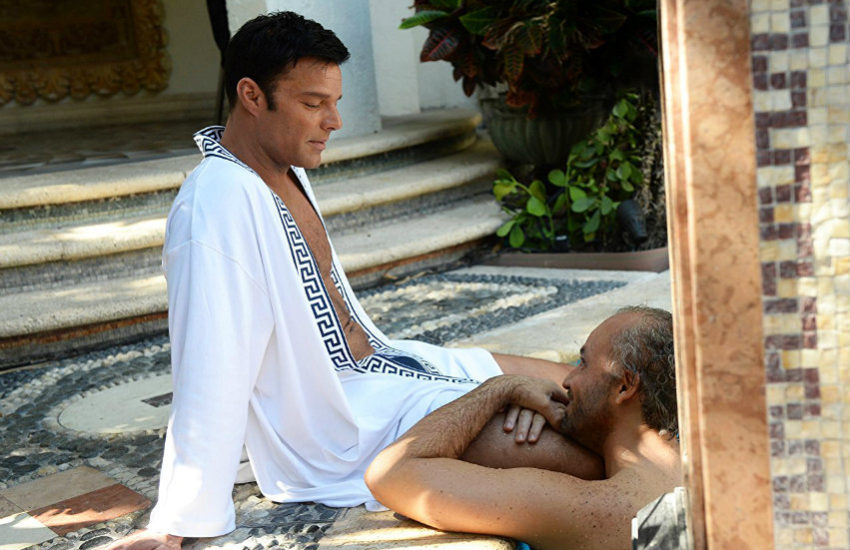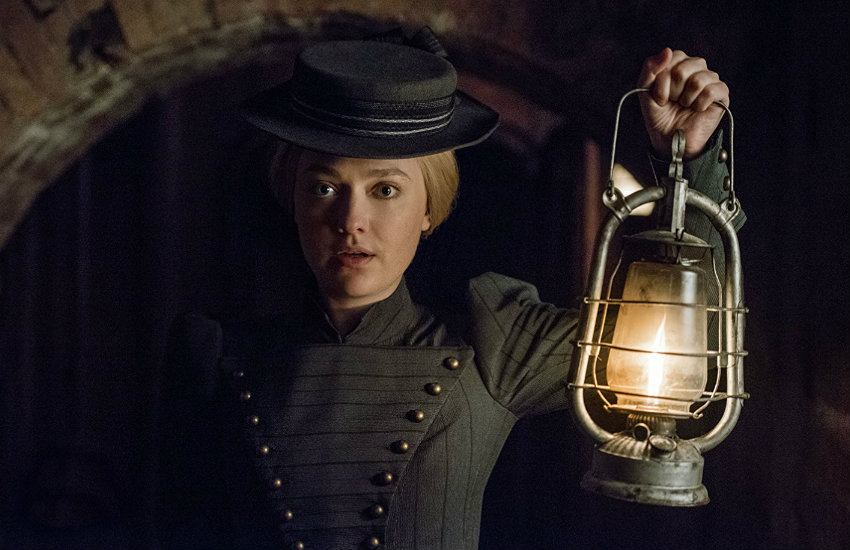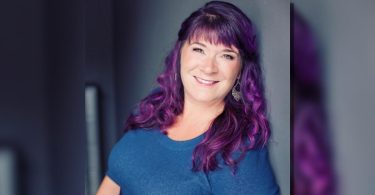Somewhere in the middle of early 2018’s television season, a thought struck me: Two of the shows I’ve most enjoyed are about gay serial killers.
Then came the onslaught of questions. What does this say about me? What does this say about these shows? Are they, to use the well-worn but apt word, problematic?
But I’m getting ahead of myself.
The shows in question are American Crime Story (ACS): The Assassination of Gianni Versace on FX and The Alienist on TNT.
The first is based on real-life events and follows the first season of Ryan Murphy’s wildly successful series, The People v. O.J. Simpson. It stars the likes of Darren Criss, Penelope Cruz, and Ricky Martin.
The second, meanwhile, is a period piece based on the fiction novel of the same name by Caleb Carr. This series stars Luke Evans, Daniel Brühl, and Dakota Fanning.
Examining gay serial killers
The shows are very different, but in their common thread, men who kill and disrupt the LGBTQ community, albeit in different times and ways, there is something fascinating at work. And potentially alarming, given the very real, alleged gay serial killer who recently put Toronto through heartbreaking trauma.
Set primarily in the 1990s, ACS examines the serial killer Andrew Cunan (Criss) who claimed Italian fashion designer Gianni Versace (Édgar Ramírez) as his fifth and final victim in 1997.
As series, Murphy paints ACS with deliberate and analytical strokes. It is a show whose every decision, every beat is carefully thought about and completed. While emotions run deep in each episode, supported by phenomenal performances from its entire cast, there is something eerie and cold about it as well.
Daniel Brühl and Luke Evans in The Alienist | Photo: IMDB/TNT
The Alienist is a messier series, but one that is just as emotional. It’s character-driven, as opposed to adhering strictly to its plot.
It takes place in mid-1890s New York City and follows a small group hunting down a serial killer plaguing the city. While the killer himself may not be gay, he targets young and teen boys who dress as girls and prostitute themselves to men, largely due to forced circumstances.
This series looks less at the commentaries of gender and sexuality, and cares more about what it means to kill. Brühl’s character, Kreizler, is an alienist, an archaic term for a psychiatrist or psychologist. Inter-personal relationships, prejudice, and classism are all explored in the show. It cares more about its narrative and characters, up against the all-at-once grimy and decadent backdrop of New York City.
Both series care about their tones and aesthetic. They are committed to them. They do, however, beg questions of representation and whether or not it should be good or bad.
Enjoying problematic things
Developing a TV show about a gay serial killer in and of itself is not wrong. After all, neither of these shows want you to root for the serial killers. While ACS gives a more fully-developed look at Cunan than the killer in the Alienist (done deliberately), their crimes are presented honestly and without sympathy.

Versace and his lover, Antonio | Photo: IMDB/FX
And in the case of ACS, it tells a true story, one that cannot be erased from history.
The Alienist makes more mistakes than ACS, even if it is just following the book. Not only is it about the murder of children, some of whom are figuring out their gender expression and others forced into horrible situations out of desperation, but it makes other questionable choices, especially with characters of colors.
Yet despite these facts, both shows are immensely enjoyable.
But in a time where the Bury Your Gays trope is alive and well, and dangerous, should we be advocating for shows like these? After all, there’s a reason the benign nature and happy ending of Love, Simon is being discussed and lauded so much.
Does representation have to be positive for it to matter? Do these shows count as representation if some of the material is negative?
Navigating the maze
There’s typically a simple answer: It’s okay to enjoy problematic things, as long as you understand why they’re problematic.
But the guilt can be real. Week after week, my roommate and I planted ourselves on the couch for the new episode of The Alienist. We cooed and gushed over it, despite its subject matter — and knowing this very dark, real world.
Separating art from reality can be a difficult thing. Luckily with these two pieces, it is not a matter of the people behind the camera being controversial, making it difficult to support any work they do. While both killers in the two shows are in the wrong, wholly and completely, it is important to understand they exist in the world of their shows. It is not about the creators behind the camera harboring homophobic attitudes — which can, and has happened.

Dakota Fanning in The Alienist | Photo: IMDB/TNT
It is a matter, however, of acknowledging their subject matters, and the weariness of queer stories constantly being about struggles and horror and pain, and assessing how the products address them.
I’ll be the first to admit it: I’m tired of queer stories constantly being about prejudice or death or ostracization. For once, I want a romantic comedy with all the tropes of the classics, but with two queer leads. I don’t want the ar I constume to constantly remind me of a world that can be cruel. I see that in the news enough.
But I couldn’t help liking these shows. Maybe it was simply because they were well-made. Maybe some things, even if they are depressing, are worth it. The answer can be both of these and more. Though they occasionally made my stomach churn, and forced me to examine my own enjoyment of them, ultimately I simply had to accept that it is possible to feel a myriad of things for a piece of pop culture and not wade too deep into the murky waters.







